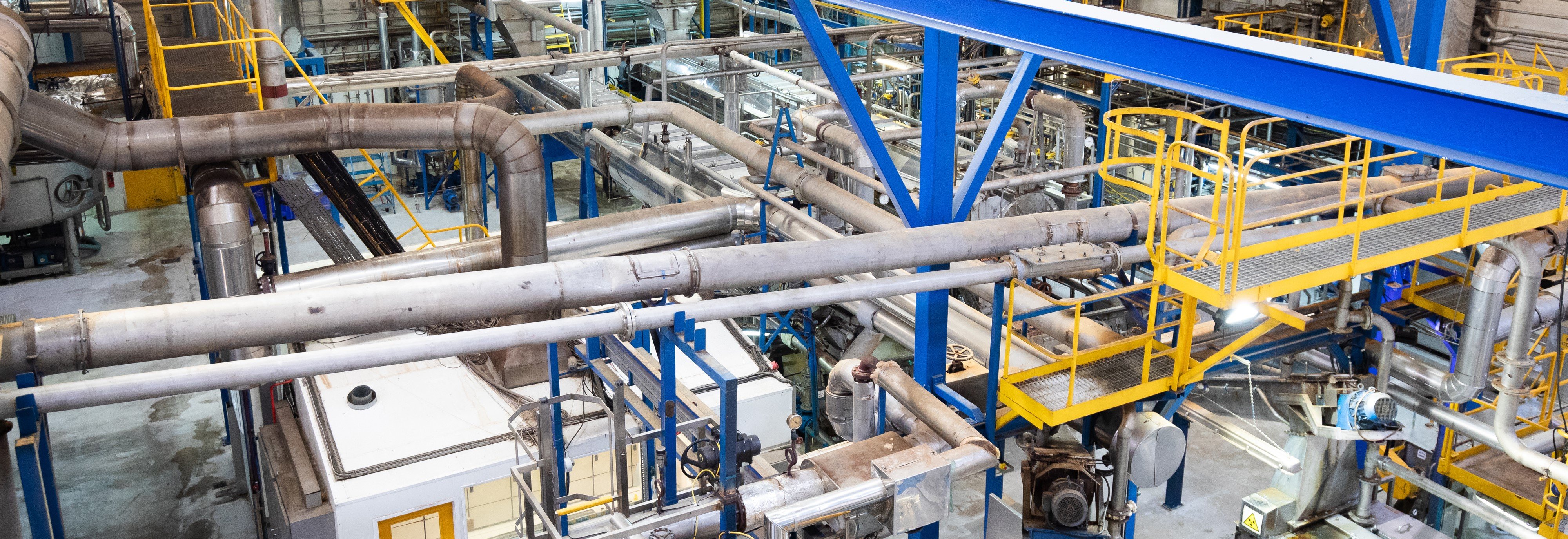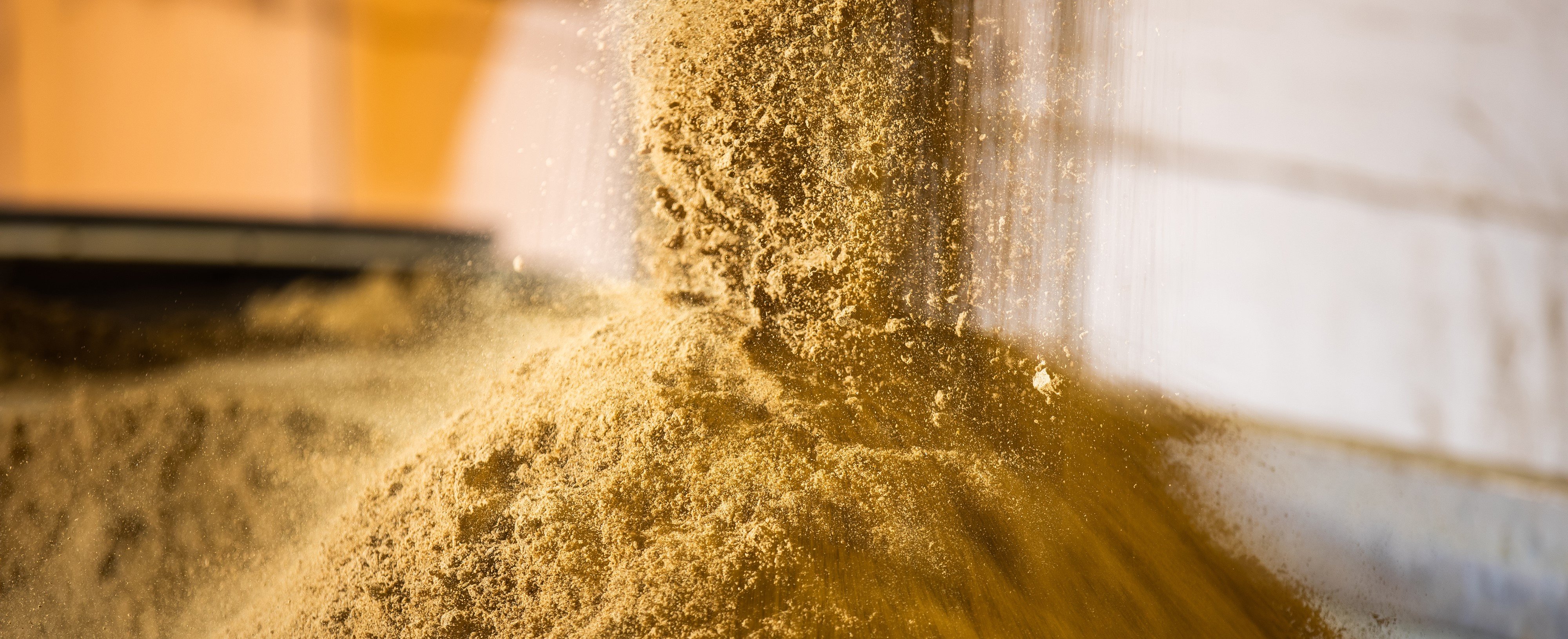The objective of quality control is to ensure that fishmeal and fish oil are unadulterated, have a high nutritional value true to their nature, and provide a consistent product. Product quality encompasses physical aspects such as freshness and appearance, and organoleptic properties as well as nutritional quality.

Some of the quality control points taken into consideration during the production of fishmeal and fish oil include:
- Raw material freshness: This is important in its effect on the quality of the protein in the end product; it is important to minimize the time between catching the fish and processing, in addition to its conservation by refrigeration in order to minimize spoilage. Spoilage produces biogenic amines such as histamine and cadaverine.
- Processing temperature exposure: Process control in the factory is necessary for the manufacture of high-quality fishmeal. Gentle cooking (90°C or under) and drying (90°C or under) maintains the nutritional value of the fishmeal – especially digestibility, and the process helps stabilise the product for long-term use.
- Fat stability: There are a high proportion of polyunsaturated fatty acids in the fat of fishmeal – like those of the omega-3 long chain fatty acids, notably EPA and DHA. These fatty acids are susceptible to oxidation (rancidity). Thus, the use of an antioxidant such as tocopherols is desirable, especially in hot climates.
- Hygiene: All handling of fish in boat holds, conveyors, pits, etc requires good hygiene standards in order to minimise spoilage and optimise product quality. It is it is desirable to keep the wet and dry areas of the plant separate and to minimise the passage of personnel and equipment from one section to the other. Precautions must be taken particularly against Salmonella contamination but other contaminants such as Vibrium Cholerae and Shigella can occur. Therefore, any possible way of minimising contamination, such birds droppings, during storage or presence of other pests in the premises must be avoided and a proper factory cleaning scheme is required.

Safe animal feeds are essential to both animal and human health, where farmed animals are the source of products for human consumption. Therefore, the safety of the feed and the food chain must be the industry’s primary objective. The International Feed Safety Alliance – IFSA is a joint project initiated by the major European feed industry assurance organisations such as the Agricultural Industries Confederation (AIC) of the UK with FEMAS, Overlegplatform Voedermiddelenkolom VZW (OVOCOM) of Belgium with GMP Animal Feed, Productschap Diervoeder (PDV) of The Netherlands with GMP+, QS Qualität und Sicherheit GmbH (QS) of Germany with QS-manual and Fédération Européenne des Fabricants d’Aliments Composés/European Feed Industry Federation (FEFAC). This scheme is based on ISO 19011:2002 and HACCP (Hazard Analysis Critical Control Points) and the rules include requirements for applicants and auditors. HACCP involves outside inspectors who ensure critical control points are correctly identified and controls carefully monitored and recorded. Any deviation outside tolerance limits is investigated and quickly resolved with full documentation for future reference. Quality assurance schemes are designed to ensure products are traceable, safe and unadulterated.
- Traceability: Fishmeal and fish oil should be traceable from user (feed compounder) back to the producer, including transportation and storage.
- Safety: Fishmeal and fish oil must be safe and should meet all legislative requirements for contaminants, purity, free from pathogenic organisms and mycotoxins, without any natural toxins, etc.
- Purity: Fishmeal and fish oil must be produced in factories that handle only fish or other sea animals such as crustaceans or molluscs and no other type of animals such as mammals or birds. Modern DNA based tests are now available to ensure no contamination occurs throughout the handling chain.








